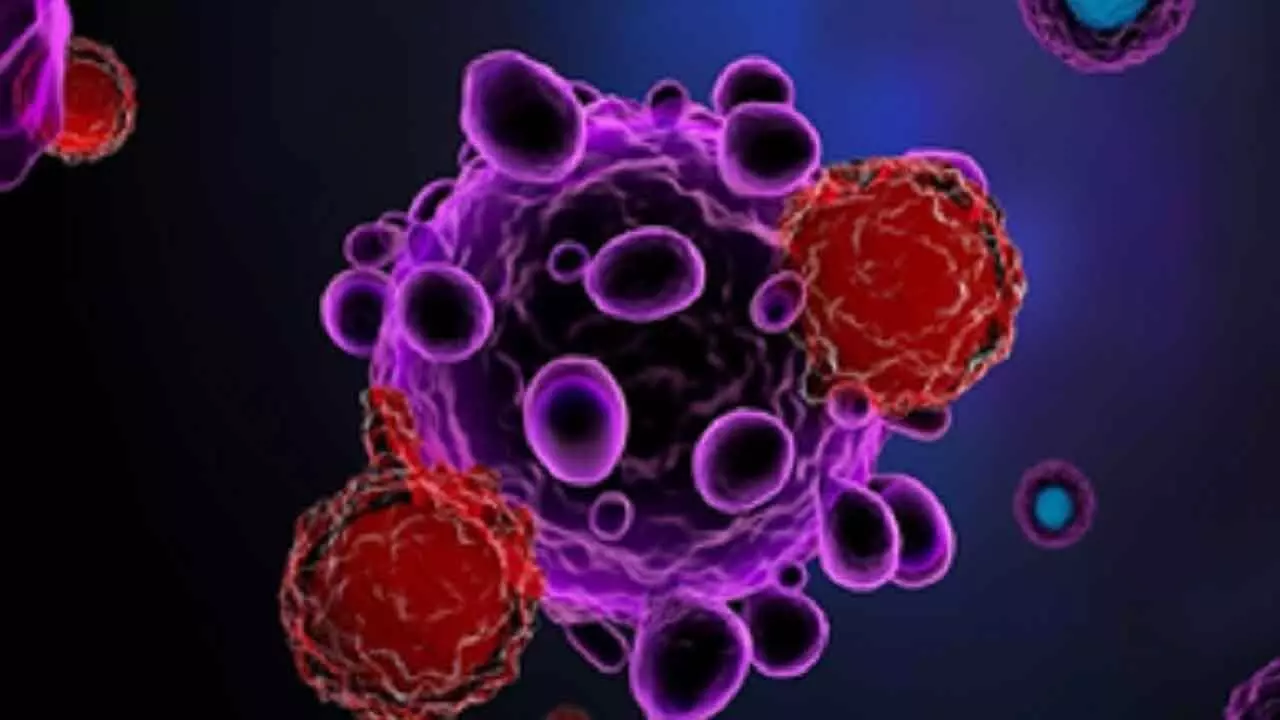Stem Cell Therapy Effective In Treating Parkinson's Disease
Studies found that cell therapy could replenish dopamine-producing neurons in brain
Stem Cell Therapy Effective In Treating Parkinson's Disease

New Delhi: Stem cell therapies are a safe and effective way of treating Parkinson's disease, according to results of two independent clinical trials.
The two papers, published in the journal Nature, investigated the use of cells derived from human induced pluripotent stem cells and human embryonic stem cells, respectively.
Parkinson's disease is a neurodegenerative disease characterised by the progressive loss of neurons that produce dopamine, a neurotransmitter.
Although current treatments, such as ʟ-dopa, can alleviate symptoms in the early stages, their efficacy declines, and they are often accompanied by side effects such as dyskinesia (involuntary movements). However, the studies found that cell therapy could replenish dopamine-producing (dopaminergic) neurons in the brain. This provided a potentially more effective treatment with fewer adverse effects.
The first phase I/II trial led by researchers from Kyoto University in Japan focussed on seven patients (aged from 50 to 69) who received transplantation of dopaminergic progenitors derived from human induced pluripotent stem cells into both sides of the brain.
No serious adverse events were reported during the study period of 24 months, and the transplanted cells produced dopamine without overgrowth or forming tumours -- a risk associated with stem cell therapy.
The researchers also observed a decrease in motor symptoms associated with Parkinson's in four of the six participants who continued the trial to efficacy evaluation while not taking their standard medication, and in five while taking medication.

